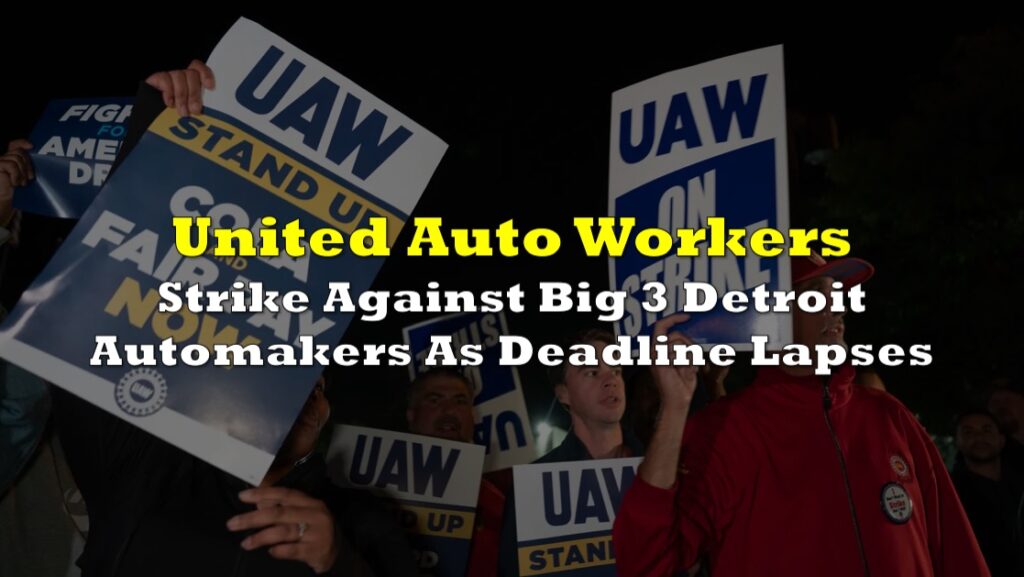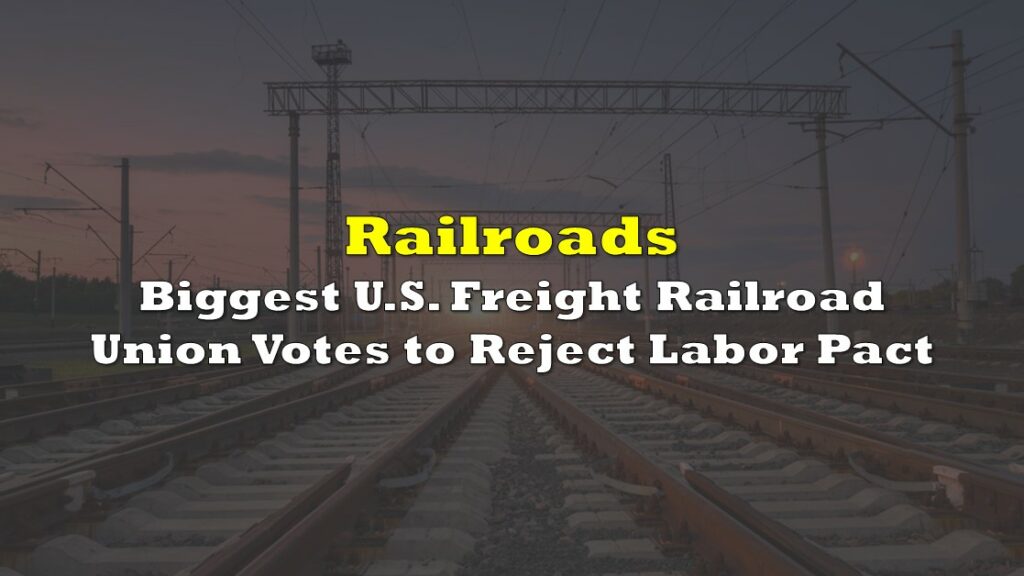Ottawa has intervened in the escalating railway labor dispute that saw Canadian National Railway Co. (TSX: CNR) and Canadian Pacific Kansas City Ltd. (TSX: CP) lock out thousands of workers early Thursday morning. The disruption, which brought key rail shipments to a halt, threatened severe repercussions for Canada’s economy, prompting Labour Minister Steven MacKinnon to step in.
BREAKING: Trudeau government orders an end to rail shutdown, sends dispute to binding arbitration—a step that should have occurred months ago. This move brings greater certainty for farmers and the rest of the agri-food sector.
— The Food Professor (@FoodProfessor) August 22, 2024
The lockouts followed months of fraught negotiations between the railways and the Teamsters Canada Rail Conference (TCRC), the union representing the approximately 9,000 affected workers. When no agreement could be reached, the union initiated a strike at CP at 12:01 a.m. Thursday, leading to a full-scale shutdown of rail services that quickly impacted both the transportation of essential goods and commuter rail services across Canada.
MacKinnon, recognizing the potential for significant economic damage, invoked his authority under Section 107 of the Canada Labour Code.
“It is my assessment that the parties are at a fundamental impasse. Therefore, it is my duty and responsibility to invoke my authorities to secure industrial peace and deliver the short and long-term solutions that are in the national interest,” MacKinnon stated in an official release.
Labour minister is turning the rail lockout issue over to the Industrial Relations Board, who can decide if binding arbitration is necessary. (The minister cannot impose it unilaterally). #cdnpoli pic.twitter.com/oowQdcFtOZ
— Dale Smith (@journo_dale) August 22, 2024
MacKinnon directed the Canada Industrial Relations Board (CIRB) to step in and impose binding arbitration, a move aimed at resolving the outstanding terms of the collective agreements. This decision effectively extends the current labor agreements until new ones can be reached, ensuring that operations on both railways can resume without further delay.
“I assume that the trains will be running within days,” MacKinnon assured during a press conference in Ottawa, underscoring the urgency of the situation.
This comes after MacKinnon has rejected CN’s request for arbitration last week, urging instead both the railway and TCRC to negotiate a new contract, emphasizing their “shared responsibility” in reaching an agreement.
The lockouts had immediate and widespread impacts. In Ontario, GO train services on the Milton line and at Hamilton GO Centre were suspended, stranding commuters who rely on these services daily. The Milton line, which connects Mississauga to Toronto’s Union Station, was one of the key services affected due to its reliance on CP rail traffic controllers.
The disruption also raised alarms across various sectors of the economy. Business groups and trade organizations highlighted the potential dangers, including a looming risk to the safety of Canada’s drinking water due to the halted shipment of chlorine. The agricultural sector, particularly grain farmers, faced potential devastation with the inability to transport their products during harvest season.
In the United States, the situation prompted the White House to convene a “supply chain disruptions task force” to assess the potential fallout, signaling the broader international concerns surrounding the dispute.
Paul Boucher, president of the TCRC, expressed deep disappointment with the government’s intervention, accusing it of undermining the collective bargaining process.
“The federal government quickly used its authority to suspend [the collective bargaining process], mere hours after an employer-imposed work stoppage,” Boucher stated.
Boucher further criticized the railways, accusing them of manufacturing the crisis and manipulating the government to circumvent workers’ rights. “They took the country hostage,” Boucher said, adding that the union would be consulting legal counsel before determining its next steps.
The federal New Democrats also condemned the government’s actions. NDP Leader Jagmeet Singh accused Prime Minister Justin Trudeau and his government of siding with big business at the expense of workers.
“Justin Trudeau has just sent a message to CN, CP, and all big corporations—being a bad boss pays off,” Singh stated. “The Liberals’ actions are cowardly, anti-worker, and proof that they will always cave to corporate greed.”
MacKinnon, however, maintained that the government was not taking sides but was acting in the national interest to prevent further economic harm.
“Having two major railways not operational was a situation that simply could not continue,” he said, pledging a government review to understand how the situation escalated to this point.
As the CIRB begins its work, both CN and CP have indicated their readiness to resume operations. In a statement, CP President and CEO Keith Creel expressed regret over the government’s need to intervene but acknowledged the importance of resolving the crisis. “The government has acted to protect Canada’s national interest,” Creel said.
CN echoed similar sentiments, noting that it had “ended its lockout and immediately initiated its recovery plan.” The railway emphasized that while it is “satisfied that this labor conflict has ended,” it remains disappointed that a negotiated settlement was not achieved.
Information for this briefing was found via The Toronto Star and the sources mentioned. The author has no securities or affiliations related to this organization. Not a recommendation to buy or sell. Always do additional research and consult a professional before purchasing a security. The author holds no licenses.









